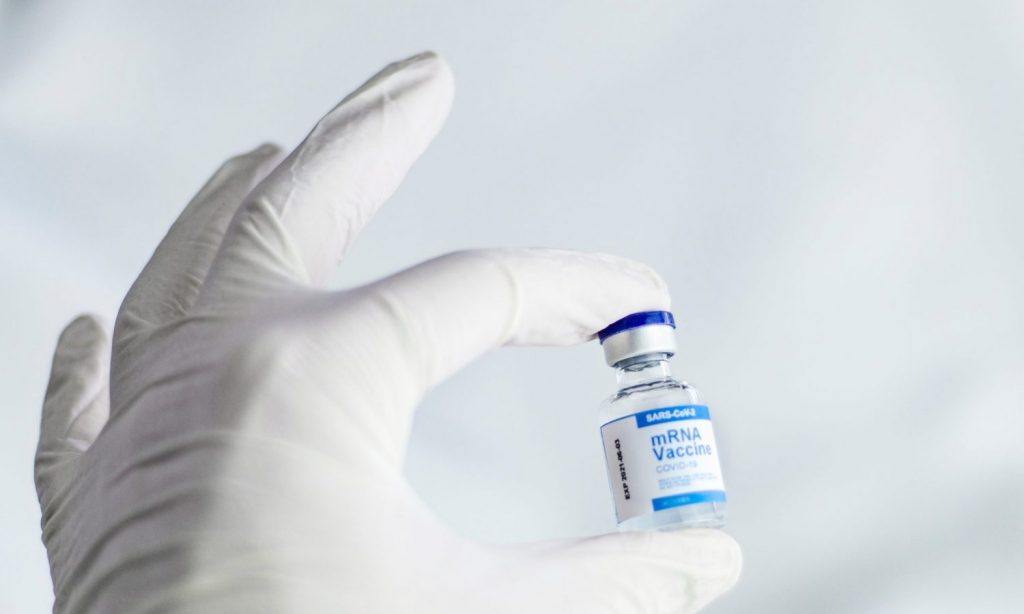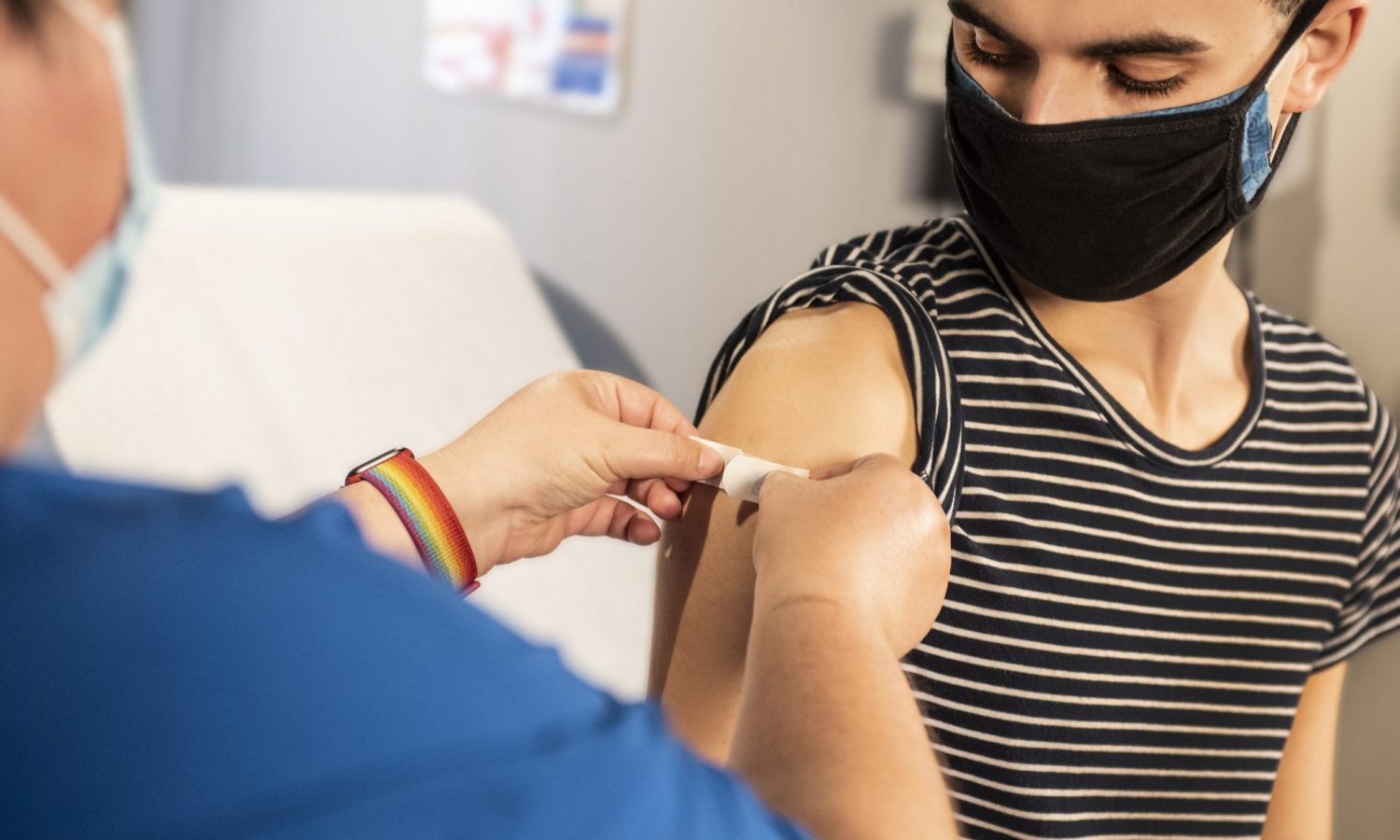Health experts predict that another round of the COVID-19 vaccine is necessary to extend protection.
Now that more and more people are getting their COVID-19 vaccines in the U.S., a large percentage of the population is wondering whether they’re done with the virus forever or if their immunity will at some point fade away. All evidence points to the latter.
MD Özlem Türeci, co-founder and chief medical officer of BioNTech, believes it is very likely that most people will need to get inoculated on a yearly basis.
In an interview with CNBC, Türeci said that the COVID-19 shot will likely be like a flu shot. “We see indications for this also in the induced, but also the natural immune response against SARS-CoV-2. We see this waning of immune responses also in people who were just infected and therefore [it’s] also expected with the vaccines.”
RELATED: Can You Get COVID-19 In Between Vaccine Dosages?

Moderna and Pzifer vaccines are highly effective at curbing the spread of the virus, having around 91% and 95% of efficacy of protection. There’s not enough data to say how long this will last, but, thanks to preliminary data and over a year of having lived with the virus, experts know that the vaccines’ effects last for a minimum of six months.
“We are studying the durability of the antibody response,” David Kessler, Biden’s administration’s COVID response chief science officer, said during a White House press briefing. “It seems strong, but there is some waning of that, and no doubt the variants challenge … they make these vaccines work harder. So I think for planning purposes, planning purposes only, I think we should expect that we may have to boost.”
RELATED: This Vaccine Side Effect Can Affect Your Whole Body
New strains of the virus are a cause for concern for hospitals and people, changing the composition of the virus and increasing its spread. Still, there’s no reason to think that the vaccine isn’t as effective for an altered version of the virus when it’s 95% effective at curbing the spread of the original strain of the virus. mRNA vaccines, like Moderna and Pzifer, have a leg up when it comes to addressing virus variations, being easier to adapt in the future and accommodate other symptoms of the disease.


